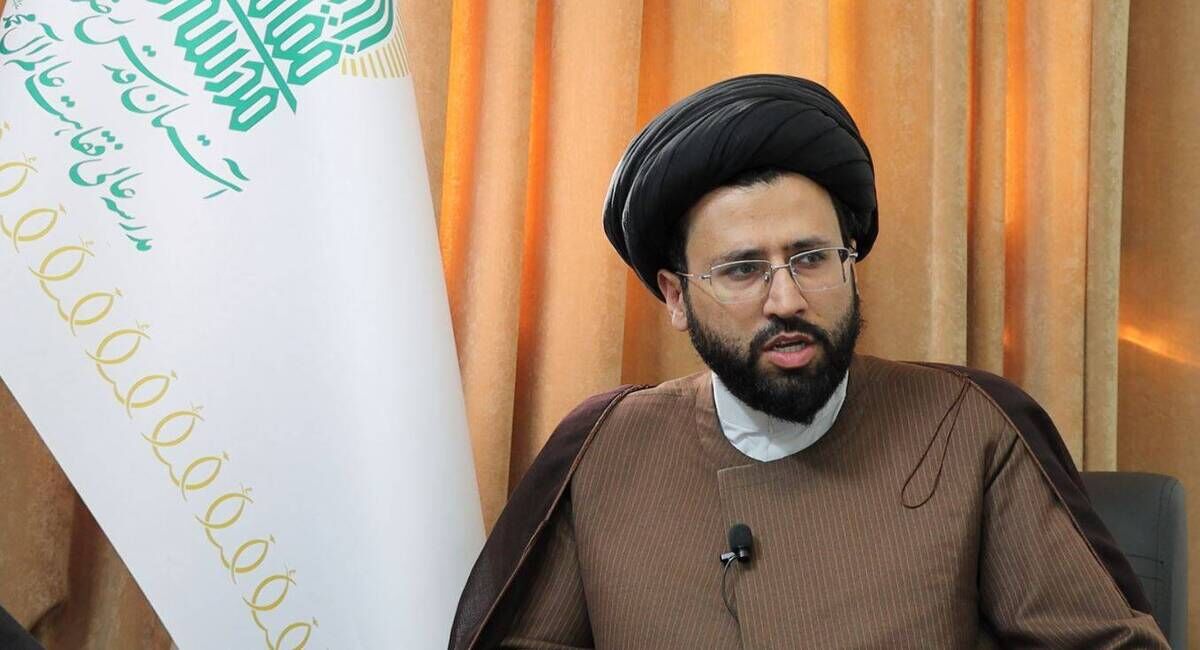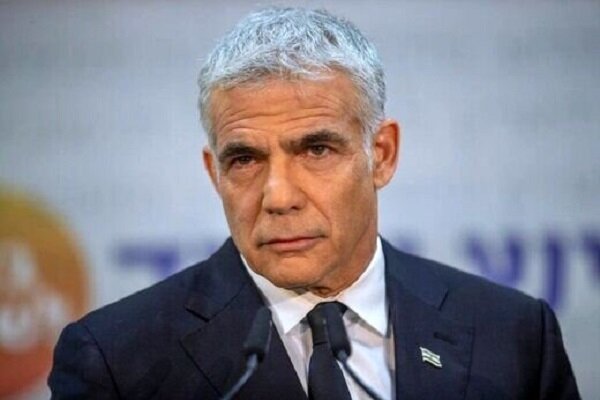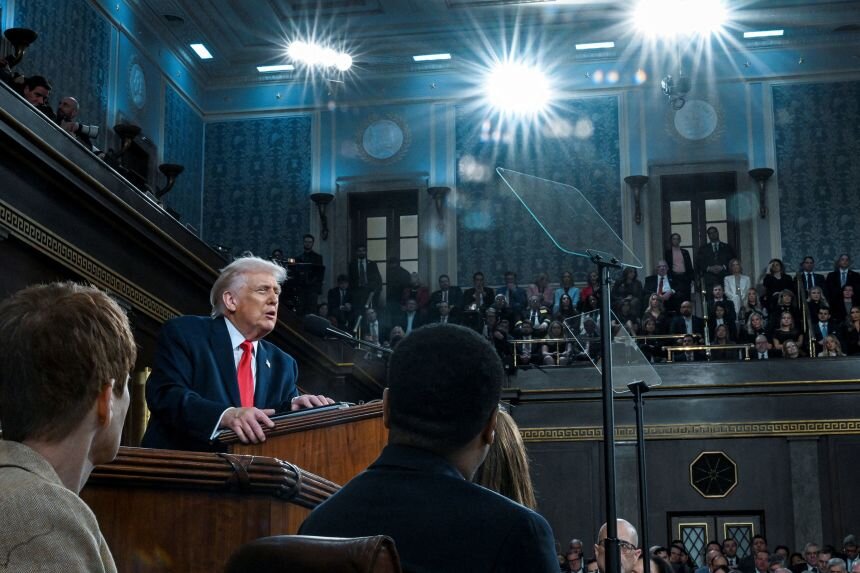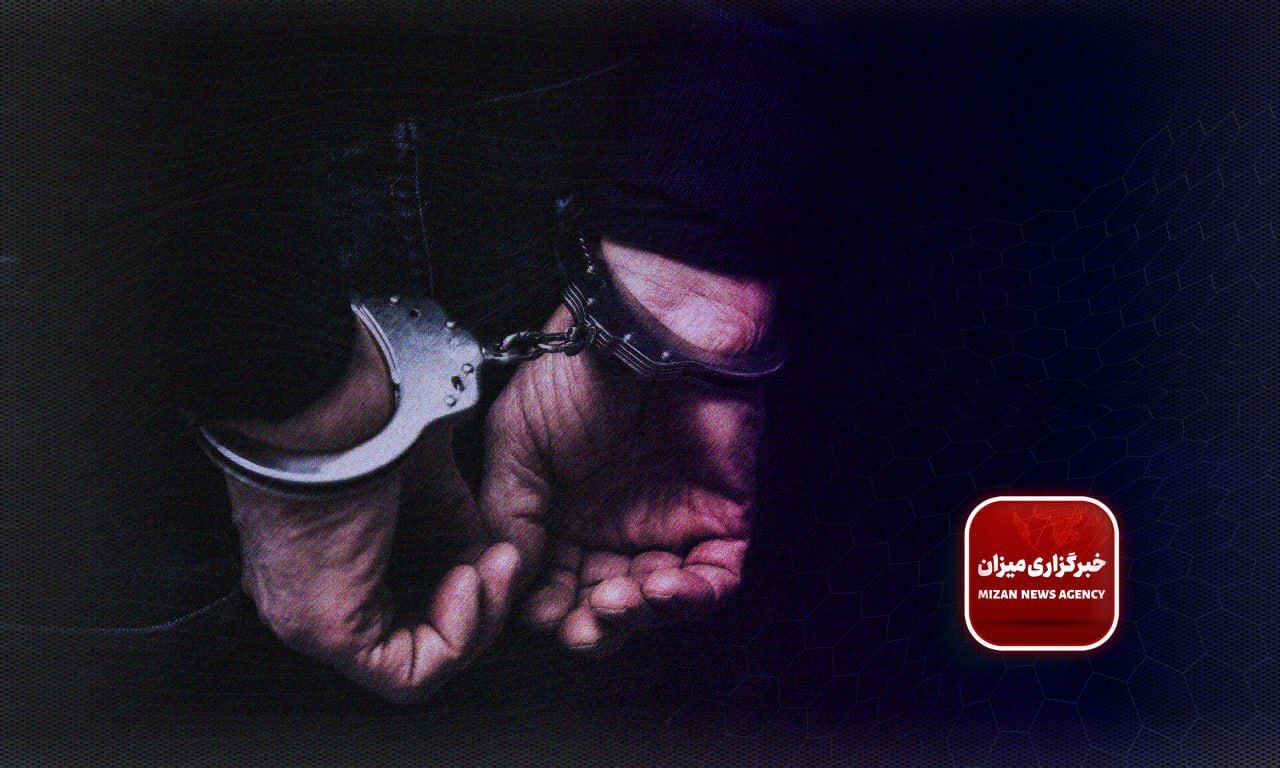Riyadh Metro construction rife with migrant labour abuses, says Amnesty
Riyadh Metro construction rife with migrant labour abuses, says Amnesty

Saudi Arabia's key infrastructure projects, including the high-profile Riyadh Metro Project, are being built by migrant labourers who are subjected to severe exploitation, according to a new report by Amnesty International.
The report, published on Tuesday, documents the experiences of migrant workers from countries like India, Bangladesh and Nepal working on the capital's flagship public transport project.
It reveals how migrant workers "endured excessive recruitment fees, low and discriminatory wages, unsafe conditions in extreme heat, and inadequate housing - all while under the enduring control of the kafala sponsorship system".
“The Riyadh Metro is hailed as the backbone of the capital’s transport system, yet beneath its sleek exterior lies a decade of abuses enabled by a labour system that sacrifices migrant workers’ human rights," said Marta Schaaf, programme director at Amnesty.
According to the report, workers were charged "exorbitant" illegal fees to secure work and then "endured long, arduous hours in sometimes unsafe conditions for minimal, discriminatory pay".
Workers were exploited even before they left home by a range of foreign and Saudi companies.
The report mentions that over a decade, workers were asked to pay between $700 and $3,500 in recruitment fees to agents in their home countries, forcing many into debt.
"These payments often far exceeded the limits set by origin country governments and were demanded of the men despite Saudi law prohibiting worker-borne recruitment fees," Amnesty said.
The experience of the workers not only points to the Saudi government's failure to enforce law, but also to large multinationals operating in Saudi Arabia’s construction sector, which operate in an environment where "conducting effective due diligence is impeded by tight restrictions on freedom of expression," the report said.
Over 21,000 deaths
More than 13 million migrant workers, which amounts to 42 percent of the population, were reported to be part of the Saudi workforce in 2023.
As Saudi Arabia has ramped up its recruitment for megaprojects linked to Vision 2030, a multi-billion dollar program backed by Saudi Crown Prince Mohammed Bin Salman, these numbers are expected to have risen since the last statistics were released.
Human Rights Watch (HRW) last year said that despite their indispensable contributions, migrant workers continue to face widespread labour abuses across employment sectors and Saudi authorities are "systematically failing to protect them".
"This blatant failure to protect migrant workers creates a near certainty that the 2034 World Cup, which (Fifa) has engineered to award to Saudi Arabia as the sole bidder, will be stained with pervasive rights violations," HRW said.
The Fifa World Cup is just one of the significant projects.
Saudi Arabia has unveiled a number of grand plans such as a "Dragon Ball" theme park spanning 50 hectares, a 170 kilometer-long "smart" city within Neom, a gigaproject designed to remake the country's Red Sea coast with luxury beach hotels, a desert ski resort and the world’s longest infinity pool suspended 61 metres above the Red Sea.
But while millions of workers continue to build stadiums, public transport, hotels and other infrastructure in the country, over 21,000 deaths have been reported since 2017.
The Saudi government has refuted the numbers and their linkage to poor working conditions, but rights organisations base their findings on data from the respective home governments' sources, which often classify deaths as having "natural causes".
Rights groups have said that many of these deaths are preventable workplace accidents, often linked to heat stress and poor conditions on the country's giga-projects.
Exploitation and abuse
Numerous reports have pointed to the exploitative nature of the Saudi Arabia's labour system, including the kafala sponsorship system, which leaves migrant workers "at the mercy of their employers", according to Amnesty.
Despite limited reforms, the kafala "continues to grant employers excessive control over foreign workers’ legal status, job mobility and freedom to exit the country, [...] leaving them vulnerable to abuse".
In 2018, Middle East Eye reported on how Bangladeshi maids suffered physical and sexual abuse in Saudi Arabia after recruitment brokers sold them dreams of wealth and safe work, while charging high fees that trapped them in debt.
Testimonies revealed that workers had their passports confiscated by employers and paid extortionate recruitment fees.
Workers reported severe human rights violations and trauma, including one worker reporting being punched by her employers in addition to attempts to burn her alive.
In 2018, at least 1,000 Bengali maids returned to Bangladesh to escape physical and sexual abuse in Saudi Arabia, according to local NGOs. Most escaped to one of the safe houses run by the Bangladeshi embassy in Riyadh and Jeddah.
There are about 1.5 million foreign maids in Saudi Arabia. State-run shelters for women escaping abuse in the kingdom have been described by activists and former inmates as prisons rather than protective facilities.
Women who have lived in the shelters reported being detained for extended periods, with conditions inside shelters including strip searches, solitary confinement, punishments such as flogging, and even deaths by suicide.
While migrant workers have consistently suffered exploitation, the human rights situation for Saudi citizens is not very different.
The country was rated as one of the most disempowering and unsafe in terms of state abuse by the Human Rights Measurement Initiative.





_5.jpg)







